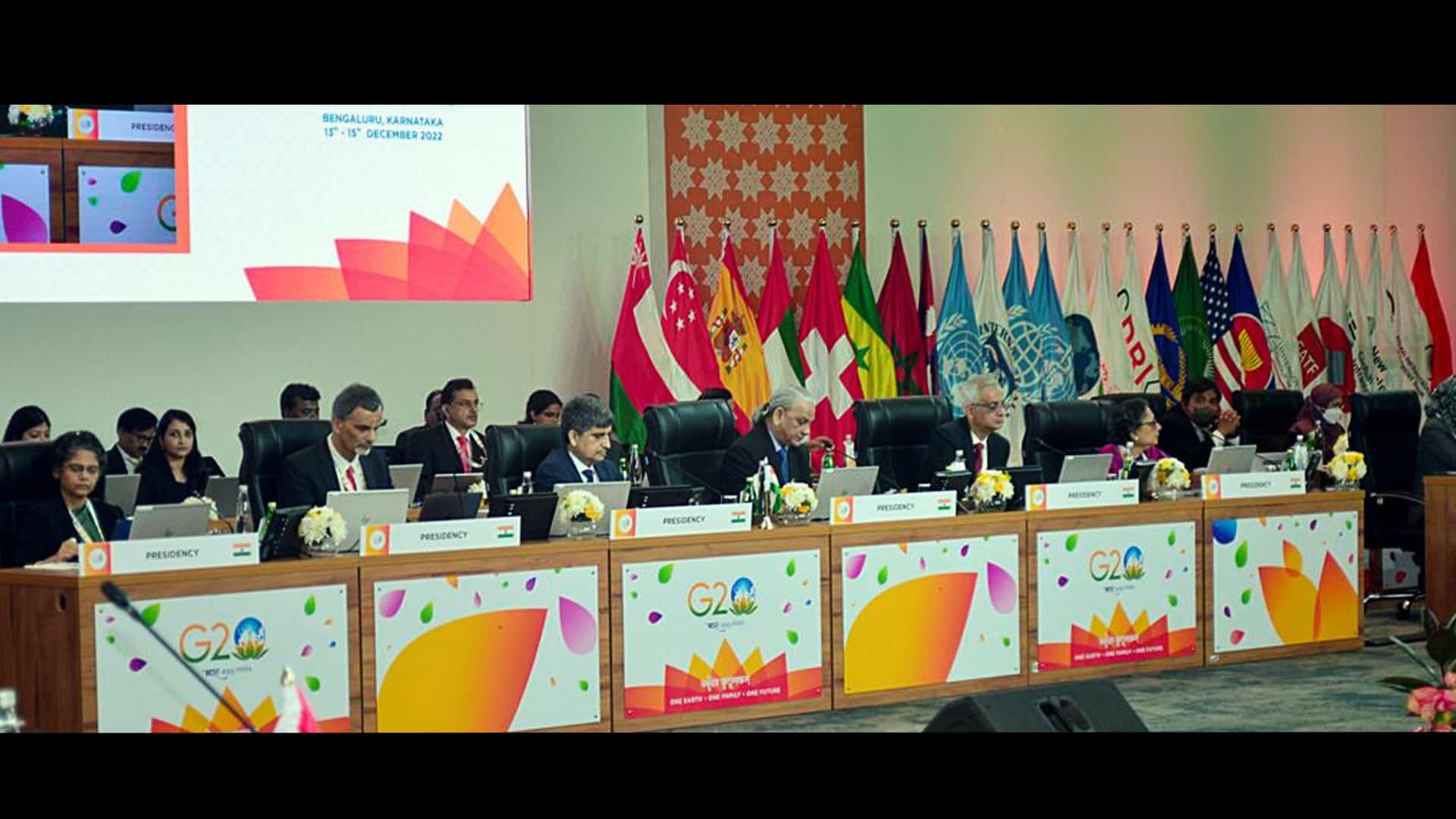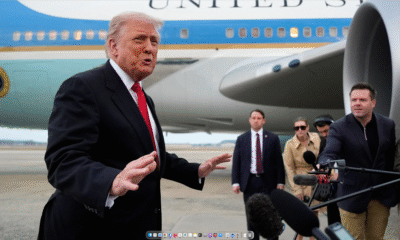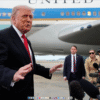Business
G20 second Framework Working Group meeting to discuss global macro-economic issues: CEA
A host of global issues pertaining to inflation, energy security and climate change would be discussed in the G20 second Framework Working Group meeting scheduled to begin Friday, Chief Economic Advisor V Anantha Nageswaran said here on Thursday.
India along with the United Kingdom would play a ‘facilitator role’ in discussing the issues with member countries during the two-day summit, he said. “The Framework Working Group of the G20 Finance Track will discuss global macro economic issues of relevance today. It will deliberate on how international policy cooperation can be enhanced to achieve strong sustainable balance and inclusive growth across G20 nations,” Nageswaran told reporters.
Also read: Bitget Invests $30M in BitKeep Broadening Its Ce-DeFi Ecosystem
He said the first meeting of the Framework Working Group was held in December 2022 in Bengaluru and “significant progress” was made. “Some of the goals that Indian G20 Presidency is pursuing includes international cooperation to address macro-economic impact of food, climate change and energy transition,” the CEA said. The schedule of the two-day meeting is spread across thematic sessions with one global outlook focused on inflation and macro economic consequences of food and climate change, he said. “This meeting will be chaired by myself, and United Kingdom Chief Economic Advisor to the Treasury Clare Lombardelli will be the co-chair,” he said.
There would be a distinguished panel of speakers from the G20 countries, and the delegates would be hosted for a conversation over dinner and they would get to experience the rich and cultural heritage of Tamil Nadu as well its diverse cuisine. The deliberations of the two-day event would inform the second G20 Finance Ministers and Central Bank Governors’ meeting scheduled to be held in Washington DC in April, Nageswaran said. To a query, he clarified that the discussions of the meeting do not necessarily mean that the countries participating should adhere to the recommendations made. “They are non-binding by nature,” he said.









































Pingback: IndiGo plans to have 350 aircraft in its fleet next fiscal